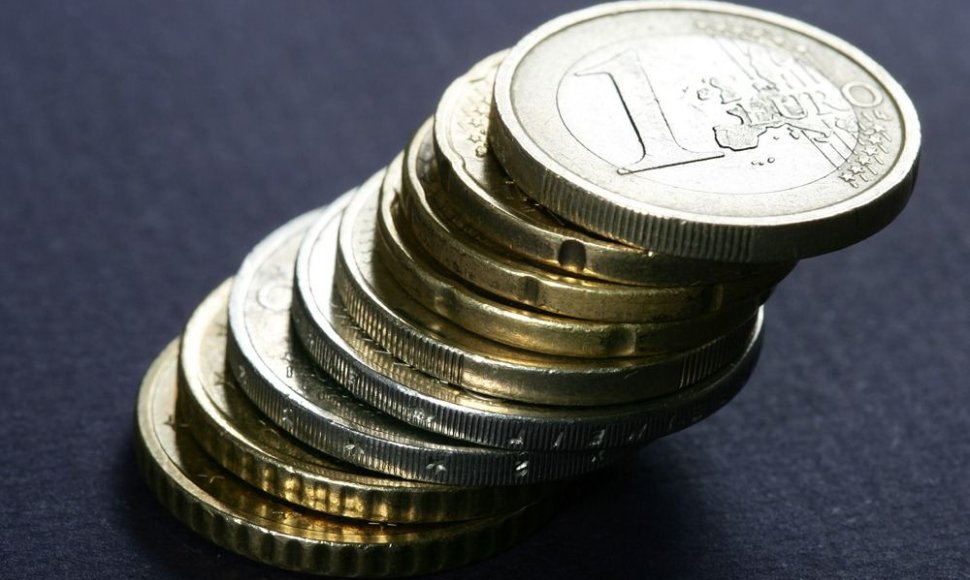"I'd say that a certain acceleration of economic development, which would probably be caused by the changing of the currency, will definitely have an effect on people's expectations, on buyers and producers' expectations. That economic acceleration can provoke a certain rise in prices. A rise in prices would not be detrimental to the state if people's real incomes increased at the same time. Real means adjusted for inflation. I think we should strive for this," he said during the 24/7 program on Lietuvos Ryto TV.
Following the adoption of the euro, the country "which is rejoicing and celebrating this event, is facing a whole series of rather serious threats," the minister said.
On the other hand, some experts say that there is no relation between the introduction of the euro and price hikes.
"An analysis has been carried out. Practically in all states that have introduced the euro, there are specialists who say that they have not detected any correlation between the euro entry and price dynamics. There are always other reasons that coincide (with the switch to the euro). Say, the fuel price dynamic was not very favorable at that time," he said.












